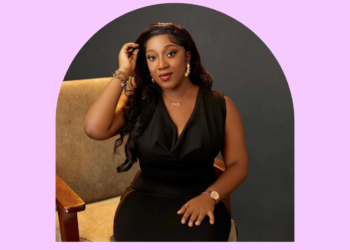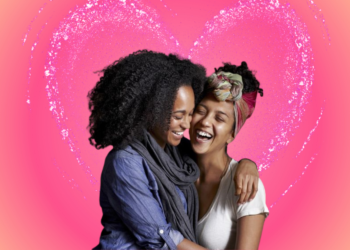No products in the cart.
My Thoughts on (Older) Women and Communal Support
If you’re a younger woman, chances are you’ve had an experience where an older woman was a hater for absolutely no reason. Maybe you’re in a short dress, they’re yelling, “What are you wearing?!” at you. You’re being harassed? They’re joining to pile on. A man does something horrible to you? They’re his proud defenders.
“Why did you do that?”, “Why did you speak up for yourself?”, “ Why were you rude?”, “Don’t you know he’s a man, and that’s how they are?” It is relatable for many of us to see older women dismiss and let you down and take the side of anyone (especially men) but you, a young woman, in situations where things would go a lot better for you if they advocated for you or simply did not shame you.
Quite frankly, it’s tiring that as young women, we can hardly look to majority of the older generation of women for support even when we deserve it and are clearly in the right.
Understandably, we live in a patriarchal society that works hard to bend women into shape and beat the fighting spirit out of us, and a lot of older women have internalised these things and have even come to be champions of all things patriarchal. They help uphold the norms that oppress women because that’s the only way they know. These things happened to them, and so it must be right, they must continue the cycle.
The younger generation of women are different, more expressive, more uninhibited and separated from these social and cultural norms. This is not because these norms do not exist anymore or younger women do not feel the same amount of pressure, but it’s because the world is evolving and things that were and are deemed taboo by older women are commonplace among younger women, and they find support systems among their peers as opposed to the older women around them. What a time to be alive, young and free.
This is not to say that older women did not have a similar mentality in their heyday. There’s a sense of liberation and anarchy that comes with youth. A lot of young women today being loud and proud about their identities, thoughts, and opinions may change their stance as they grow older. We all know one or two women who reached a certain age and hit a 180-degree spin in the quest for marriage, respectability and acceptable living in a society that prioritises these things. As women get older, especially in a place like Nigeria, pressure to act a certain way, find a husband and to please family, “what will people say” and other such worries drive them into conformity. From short skirts, liberal views and unmarried friends to church groups and fraternisation strictly with other women in similar stations; I call it “bad bitch death.”
After having undergone bad bitch death, many women project their ideals onto other women. It is not enough that they feel the way they do and make the choices they make, they want other women to go the same way too, according to the template that society has set. They turn their noses up at you when you wear something they wouldn’t, like it’s affecting them personally as it sits on your body, and they judge you for doing things they probably once did.
Then there’s the slut-shaming and victim blaming. From young, we are trained to consider men in everything we do. From how we dress, to how we present ourselves, where we go and what we do. What a limiting existence. Tell an older woman you dress for yourself and not for men and watch her jaw drop and her eyes roll into the back of her head. Many older women simply cannot imagine a life without centring men, because they have been conditioned to, and so, they imagine that everything you do as a young woman is also channelled towards that — getting male attention and maybe even seducing their husbands. That’s why when men do the most deplorable things to you, they imply that you brought it upon yourself, for daring not to consider how your actions and inactions would be perceived by men.
It is especially hurtful when you turn to an older woman about a violating experience, and they blame you and not the perpetrator. The practice of absolving men of all blame when they do wrong and instead pointing fingers at the victims and theorising on what they could or should have done differently simply enables the perpetrators to continue to do wrong.
Profiling is a serious problem in this country. People judge you off of a glance before they even know anything about you based on how you look. From police to regular joes in the street, everyone is the fashion police, and they may decide that you don’t deserve courtesy or respect because of what you are wearing. Also, there’s no defined standard. What may be decent enough to one person may be scandalous to another. Should we go through life considering what other people will think, or should we simply live? It is impossible to please everyone, so I think it’s best to choose to live life considering only or at least primarily what suits you and what is best for you. Living according to the expectations of others while neglecting your needs and wants is caging.
Truly, wisdom increases with age, and older women have a world of insight brought to them by age. They know better in many aspects of life and have seen things younger women will only come to understand as they grow older. However, nobody’s lived experiences are universal. There’s no one-size-fits-all model for living, and what may have worked for one woman is not necessarily the template for another woman’s life. The attitude of dismissal and undermining younger women’s experiences makes it hard for young women to seek mentorship and advice from older women where they need it. Reluctance coupled with dismissal and stereotyping from older women has wedged a divide between both demographics when really, women should have each other’s backs.
The goal is to exist in a world where all women extend at least a basic extent of grace and support to other women especially where they are simply existing in their skin in the ways that suit them best.















